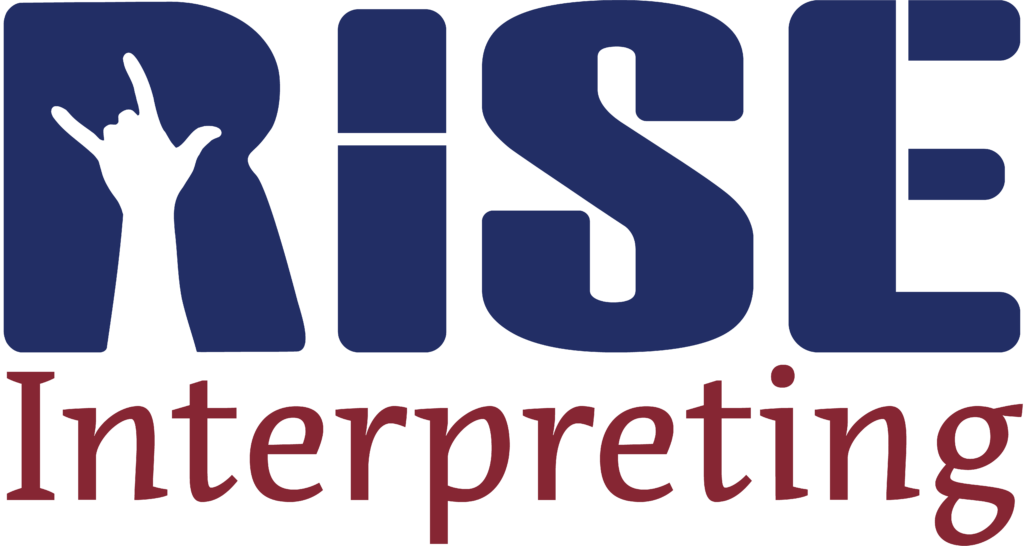Effective communication is vital when you run a business. Businesses of all sizes are built on relationships and facilitated by communication between employers and employees, customers, and suppliers. To be effective, communication needs to be inclusive and engage everyone.
For companies that strive to be inclusive and want to follow legal requirements, understanding the needs of Deaf and hard of hearing people is essential. Thinking about how both the hearing, hard of hearing, and Deaf community interact with your business will help you to identify changes that can be made to ensure that everyone who comes into contact with your business feels recognized and valued.
One meaningful way to provide the same high level of service and opportunity to hard of hearing and Deaf customers and employees is to use the services of an American Sign Language (ASL) Interpreter.
Building Relationships
Being an inclusive business and addressing the needs of hard of hearing and Deaf customers can offer significant benefits to your business. Making an effort to be inclusive can open up many new opportunities for your business that would otherwise be missed.
Suppose you don’t actively look for ways to accommodate the needs of Deaf and hard of hearing job candidates and employees. In that case, you may be missing out on recruiting a staff member that could become a valuable asset and make a significant contribution to your company. There are many ways that a sign language interpreter can be used by your company to benefit your employees.
A professional interpreter offers an excellent way for Deaf and hard of hearing employees to get more from meetings, presentations, and training sessions, by allowing them to feel fully informed and able to contribute their input.
Community and Inclusion
Businesses need to ensure that they are accessible to everyone and offer the same high level of friendliness and customer service to all customers, employees, suppliers, and the wider community. This is one of the reasons why many small businesses use the services of professional interpreters.
To ensure that everyone connected with your business feels respected, listened to, and receives the best level of service, it will be essential to use the services of an interpreter from time to time. Figures from the World Health Organization (WHO) state that 466 million people worldwide have a disabling hearing loss. This figure equates to 5 percent of the world’s population and demonstrates the prevalence of disabling hearing loss throughout communities.
Failure to recognize the needs of the Deaf and hard of hearing community means that your business could be missing out on a significant portion of customers and failing to fully meet your existing customers’ needs.
Legal Requirements
There are many reasons why businesses use the services of a professional interpreter, and in some instances, offering additional support such as a sign language interpreter can be a legal requirement. While many people are aware of the need for medical and legal institutions to provide sign language interpreters for those that need them, they may not be aware that small businesses also need to meet these requirements.
The Americans with Disabilities Act (ADA) requires that “title II entities (State and local governments) and title III entities (businesses and nonprofit organizations that serve the public) communicate effectively with people who have communication disabilities.”
The ADA requirements are designed to ensure that communication for people with disabilities is as effective as those without these disabilities. This means that as a small business, you are required to provide a sign language interpreter for employees, customers, and anyone else associated with your company that may benefit from this service for effective communication.
Suppose you hope to make your small business an environment that welcomes all and complies with legal requirements. In that case, it is essential to recognize the needs of the hard of hearing and Deaf community as a portion of your customers, suppliers, and employees are likely to experience some level of hearing loss. Ensuring that there is effective communication for all brings benefits to your business, along with employees, customers, and suppliers.
To ensure that your small business is inclusive and offers equal opportunities, it is best to familiarize yourself with the Americans with Disabilities Act (ADA) and take a proactive approach to meet the Act’s requirements. Reach out to your local sign language interpreting agency to find out more about the services that they offer and how they can help your business to become an inclusive place for all.


